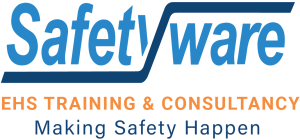Blog
Posted By: Nur Afifa Binti Sazali | Oct 27, 2023
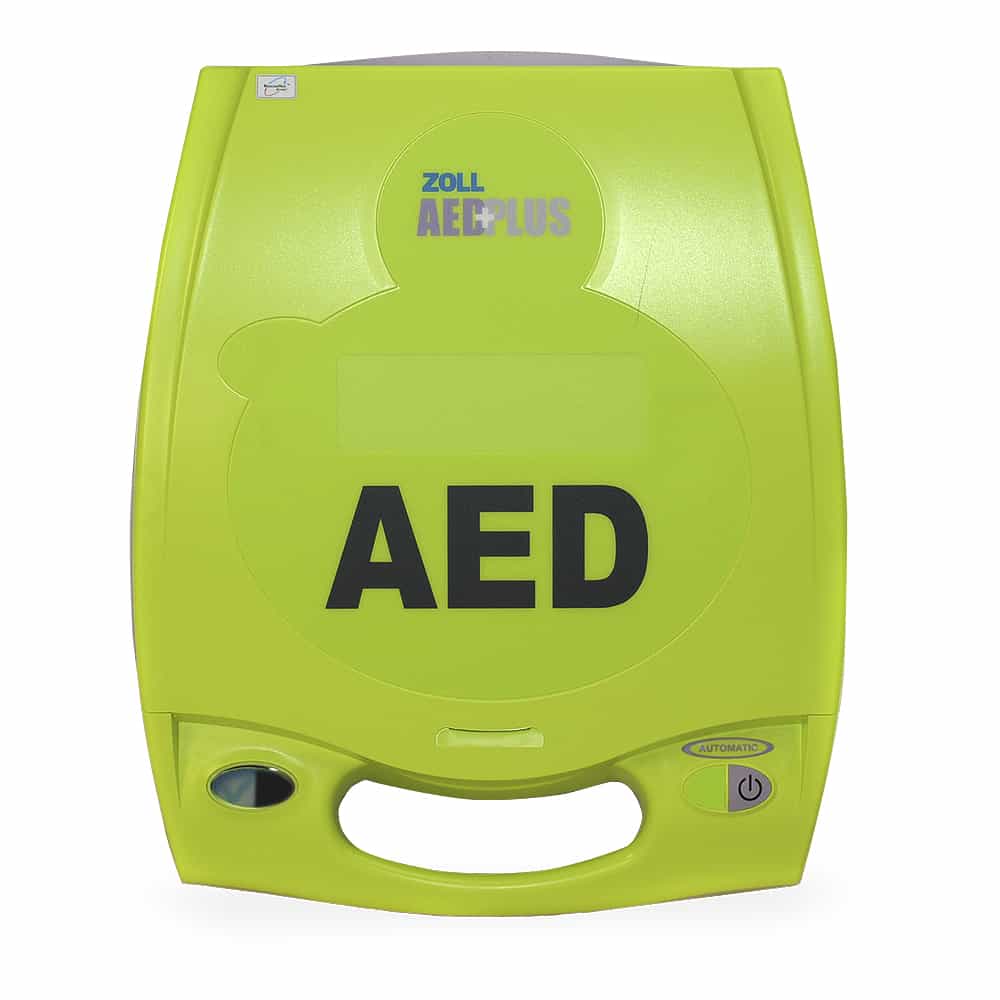
UNVEILED THE MYSTERY BEHIND AED
AED is common used along with CPR. However, not so many know the existence of AED and the function of it in aiding CPR. AED stands for automated external defibrillator, is a portable electronic device used in a case of sudden cardiac arrest. It is designed to assess a person's heart rhythm, and if needed, deliver a controlled electric shock. The shock is needed to restore a normal heartbeat, especially in cases of arrythmias like ventricular fibrillation, (VF) and ventricular tachycardia (VT) that can be fatal
How the AED Functions
An AED's main functions are simple , and it's made to be easy for anyone to use.
1.Heart Rythm Analysis
-
An AED is used to check the heart rate of someone who has sudden cardiac arrest. Sticky pads or other electrodes, the AED can watch the electrical action of the heart.
2.Shockable Rythms Detection
-
AEDs are set up to spot certain rhythms that can be shocked, like VT and FT. These rythms stop the heart from pumping blood properly, which causes blood to not flow properly. The device analyse the heartbeat and deliver a shock if needed.
3.Voice and Visual Prompt
- Voice and visual prompts is provided to guide the user step-by-step. Bystanders who have't been trained can use the device successfully.
4.Controlled Electric Shock
- The AED sends a controlled electric shock to the heart if detects a beat that can be shocked. The goal of this shock is to stop the chaotic electrical activity and allow the heart to restore a normal rhythm.
5.Safety measures
- AED is designed with safety features that would only allow it to deliver a shock to abnormal rythym detected. This ensures that individual who don't require defibrillation don't get shocked unnecessarily.
The Importance of an AED
According to recent study from the National Institutes of Health, early defribillation and CPR can save lives and raise mortality rates to 70%. AED act in early recognition of sudden cardiac arrest by detecting abnormal rythym of heartbeat and delivering shock if needed. CPR can also be done at moment, and hence, the chance of survival increasing. A post-cardiac care is important to prevent from the cardiac arrrest to be repeating again.
The Public Accessibility of AEDs
AEDs are becoming available at many public places, such as airports, school, offices, shopping centers, and gyms. These devices are strategically placed to ensure easy access during emergencies to enable immediate action can be delivered in a ife-threatening situation. However, if there is no AED available in your location during a sudden cardiac arrest, you can call for a near by AED locater. In conclusion, AED is a little, self- operating hero that performs a crucial role in preventing cardiac arrest. Its user-friendly designed and precise functionality help in delivering an effective first aid for a sudden cardiac arrrest especially for an amateur.
If you are looking for a reliable and experienced first aid, CPR, and AED training provider, look no further than Safetyware EHS Consultancy Sdn Bhd. Contact us today to learn more about how we can help you improve your emergency response capabilities and ensure compliance with OSHA regulations.
📲: 012-498 7882
🌐: ehs.safetyware.com.my
Recent Articles
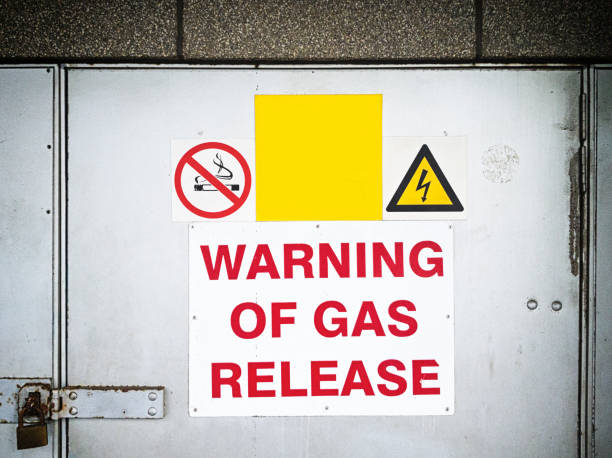
Posted By: Nur Afifa Binti Sazali
Jan 10, 2024
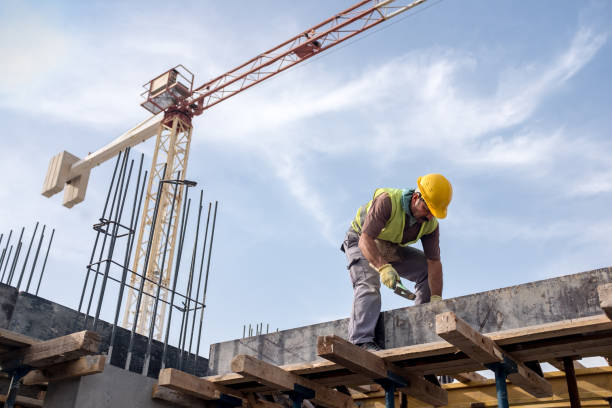
Posted By: Nur Afifa Binti Sazali
Jan 02, 2024
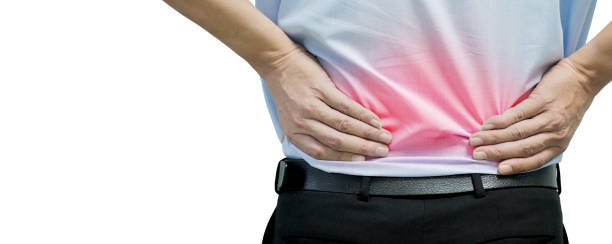
Posted By: Nur Afifa Binti Sazali
Dec 08, 2023
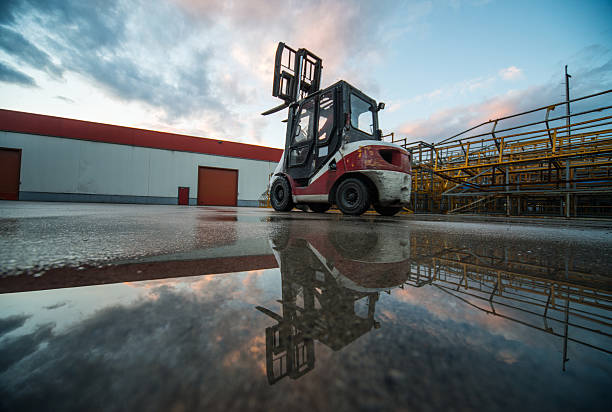
Posted By: Nur Afifa Binti Sazali
Dec 07, 2023

Posted By: Nur Afifa Binti Sazali
Dec 01, 2023
Plot 237,
Lengkok Perindustrian Bukit Minyak 3,
Bukit Minyak Industrial Estate,
14100 Simpang Ampat, Penang, Malaysia.
Enquiries :
[email protected]
Call Us :
Tel : +604-5023 882 (8 lines)
Toll Free : 1300-22-3882
